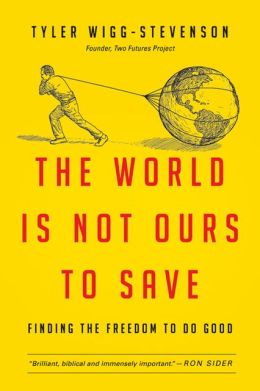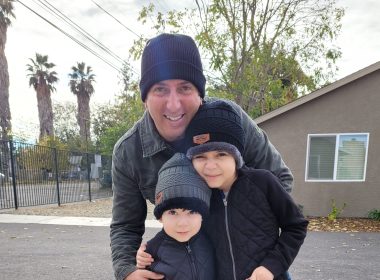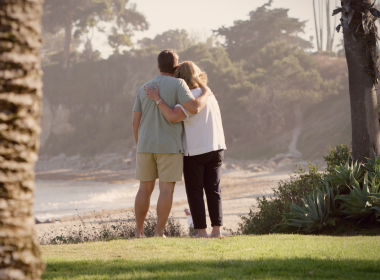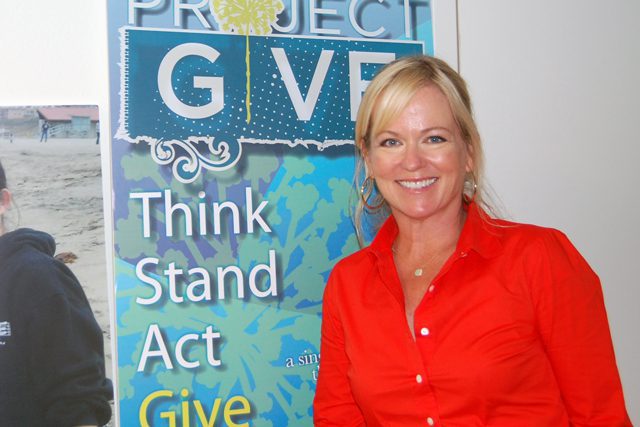 Tyler Wigg-Stevenson has tackled a complex subject in a timely manner. As a leading activist against nuclear weapons he is well placed to speak into a world where we can feel that our influence as individual Christians seems so small, but yet our understanding of faith and calling compels us to try to make a difference.
Tyler Wigg-Stevenson has tackled a complex subject in a timely manner. As a leading activist against nuclear weapons he is well placed to speak into a world where we can feel that our influence as individual Christians seems so small, but yet our understanding of faith and calling compels us to try to make a difference.
He starts by stating the problem. His concern that the fervour of the current generation to see social justice issues fought for, risks the burnout of activists and their movements as we try to take on the world’s problems—feeling that it is our battle to be fought. The result of this, he worries, will be dissolution in taking a stand and failure by Christians to engage with issues of injustice. Instead he suggests that “we need a sense of enduring calling” and the rest of the book is devoted to understanding what this means.
Wigg-Stevenson addresses our culture of a focus on heroes both in society and within our faith, and the distortions this can create in how we approach the causes we take up. He makes the important point that our heroes were great people of influence precisely because they saw God as the hero rather than themselves. This, he argues, is what we need to do in order to begin to orientate ourselves toward the way God has called us to live rather than “fighting in a battle,” which means “fighting on the devil’s own terms.”
The author is conscious in his use of Scripture and theology and unpacks complex concepts in an accessible way. He stresses the importance of understanding our equality before God. This leads into the first of Wigg-Stevenson’s three powerful examples of situations of injustice where Christian activists (although they would not call themselves such) embody Micah’s prophecy.
He takes an in-depth look at the conflict and problems in Israel, the destruction of Coventry Cathedral in the Second World War and its rebuilding, and the turmoil of apartheid South Africa. He does this by considering the responses of individuals to the brokenness they saw around them by living out their daily lives with integrity.
Near the beginning of the book the author suggests that the question we ask about injustice should not be, “How do we fix this?” but rather, “How can we live out the love of God in the midst of such brokenness?” He answers this in the last chapter with practical suggestions that are equally applicable to the church as they are to Christian pressure groups and individuals.
Wigg-Stevenson writes particularly eloquently and with a richness of knowledge of the Scripture combined with personal experience. At points the relevance to the subject of examples from his own campaigns are not always clear and there is a tendency for the text to be captured by the issue of armed conflict. However, the conclusions and three main case studies branch from this issue and are widely applicable to all instances of injustice.
This book is particularly relevant for Salvationists who, as soldiers, commit to caring for the poor and needy. In a movement where the military metaphor is strong, one can be open to the temptation to think that somehow the outcome of the war is dependent on us. The author speaks to this concern and encourages us that the victory is the Lord’s and through faithful service we can see some of the results of that victory on earth, right now. This book would suggest that the history of organizations like The Salvation Army are a testimony to this generation of what can be achieved when we work in God’s strength not our own. It is a highly recommended read for all.













